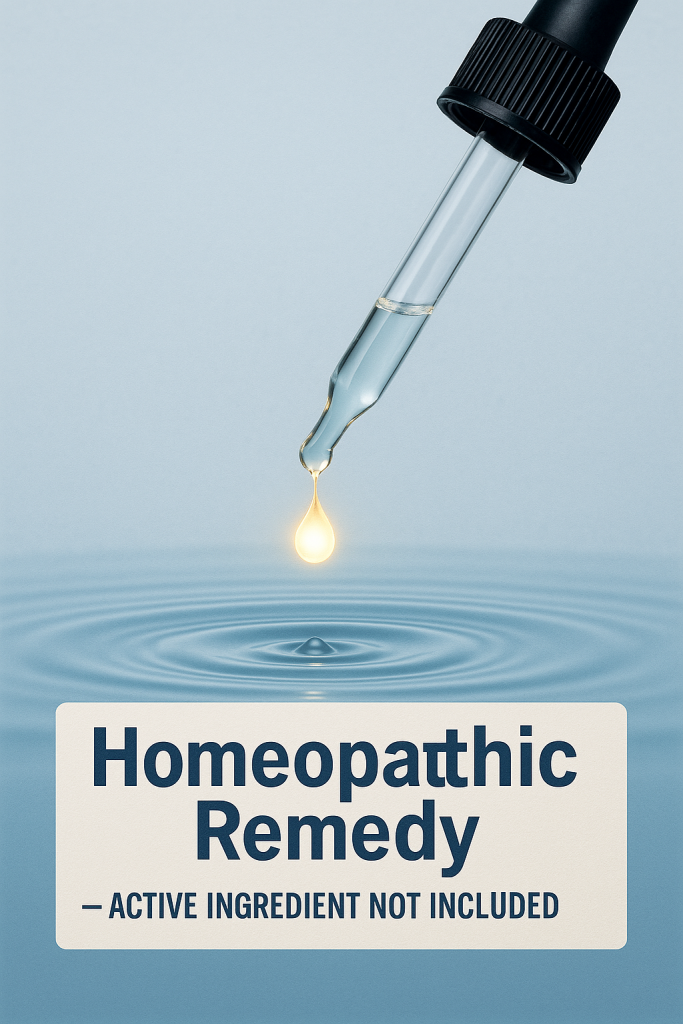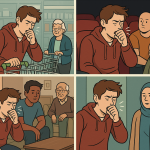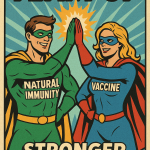In 1800, if you had a fever, your doctor might bleed you. Maybe they’d suggest purging your system with herbs or realigning your humors with a strict diet and a prayer.
In 2024, you’d probably take Tylenol, get a diagnostic test, and—if needed—receive a treatment that’s been proven in a randomized controlled trial.
Here’s the wild part: those two doctors aren’t separated by a decade or two of progress.
They’re separated by the moment science was finally applied to medicine.
Pre-Science Medicine Was Just Vibes
For nearly 2,000 years, medicine wasn’t based on evidence. It was based on intuition, tradition, and speculation.
If you had a fever, a doctor might bleed you to “release the excess heat.”
If you were depressed, they might drill a hole in your skull to let the bad spirits out.
If you had a cold, they might dilute crushed herbs in wine, then dilute it again and again—until none of the original substance remained—and tell you to drink it.
That last one?
It’s basically homeopathy.
None of these treatments were tested. No one measured whether they helped—or harmed. They were ideas people believed in, handed down through centuries of repetition.
They felt like medicine.
But they didn’t work like medicine.
Science Changed That
When medicine finally embraced the scientific method in the 19th century, everything began to shift.
We stopped asking, “What makes sense?”
We started asking, “What can we prove?”
And the results were transformative.
We discovered germs. We developed anesthesia and antibiotics. We built vaccines that wiped out smallpox and slashed child mortality. We doubled life expectancy.
For the first time in history, doctors could say, “This treatment works—because we tested it, and we have the data to show it.”
Homeopathy Never Got the Memo
Homeopathy was invented in the late 1700s, back when doctors still believed bloodletting could treat pneumonia. Its core ideas?
- “Like cures like” — If onions make your eyes water, then an onion-based remedy should treat allergies.
- “Potentization” — The more you dilute a substance, the more powerful it becomes. Often, homeopathic remedies are so diluted that no molecules of the original substance remain.
These ideas were never grounded in biology or chemistry. They predate germ theory. And they remain completely unchanged.
Homeopathy didn’t evolve with science—because it didn’t want to.
It clings to an 18th-century worldview with 21st-century packaging.
If It Worked, It Wouldn’t Be Called Homeopathy
Here’s the simplest way to know homeopathy doesn’t work:
If it did, it wouldn’t be called homeopathy.
It would be medicine.
The companies selling it would run clinical trials, get FDA approval, and make billions. But they don’t—because they can’t.
Instead, they sell you things like:
- Oscillococcinum, a top-selling flu remedy derived from the heart and liver of a duck, diluted until it’s literally just sugar pellets. It claims to treat symptoms of a disease it can’t even define.
- ColdCalm, a cold remedy made with ingredients like belladonna (a literal poison) diluted to the point where you could eat a truckload and never see a molecule.
- Arnica montana, for bruising and soreness—used in forms so diluted it’s effectively less present than a drop of dye in an Olympic swimming pool.
These products sound vaguely herbal and vaguely scientific—but they’re neither. They live in a regulatory loophole where they don’t have to prove anything. No effectiveness. No mechanism. No results.
Just branding. Just trust. Just…vibes.
Harmless? Not Really
People often say, “It’s natural. What’s the harm?”
Here’s the harm: people use homeopathy instead of medicine. They use it when they’re scared, desperate, or misinformed. They use it when they need real help—and delay getting it.
And the consequences can be fatal.
At best, it’s a placebo. At worst, it’s a false sense of security that pushes people away from care that works.
Modern Medicine Isn’t Perfect. But It’s Real.
Yes, modern medicine has flaws. It’s shaped by human systems—imperfect, profit-driven, slow to change.
But modern medicine can do something homeopathy never will: admit when it’s wrong and get better.
It’s accountable. It’s testable. It’s real.
🚫 Homeopathy is medicine frozen in time.
✅ If you believe care should be based on evidence, not wishful thinking, share this post.
Last Updated on June 27, 2025







